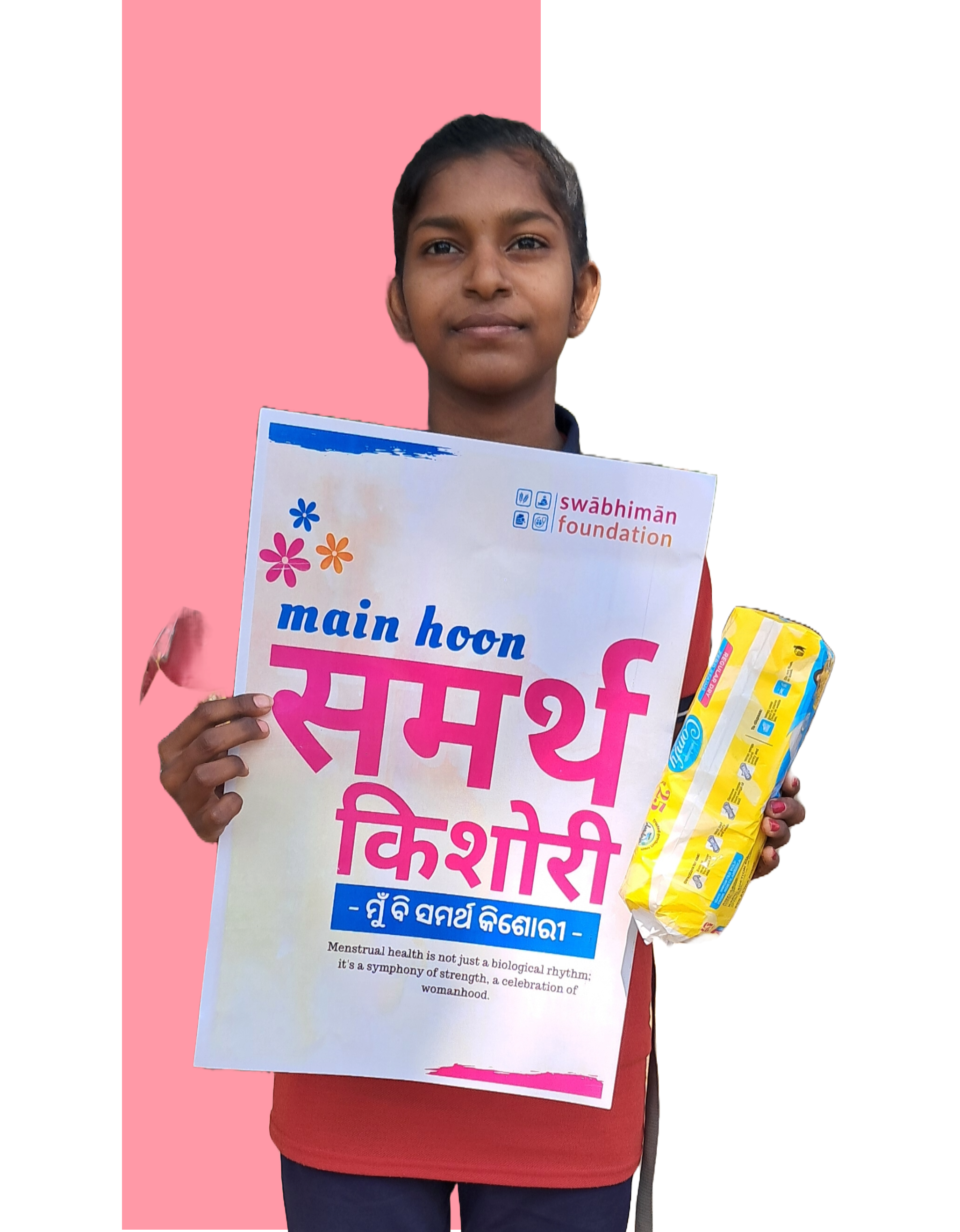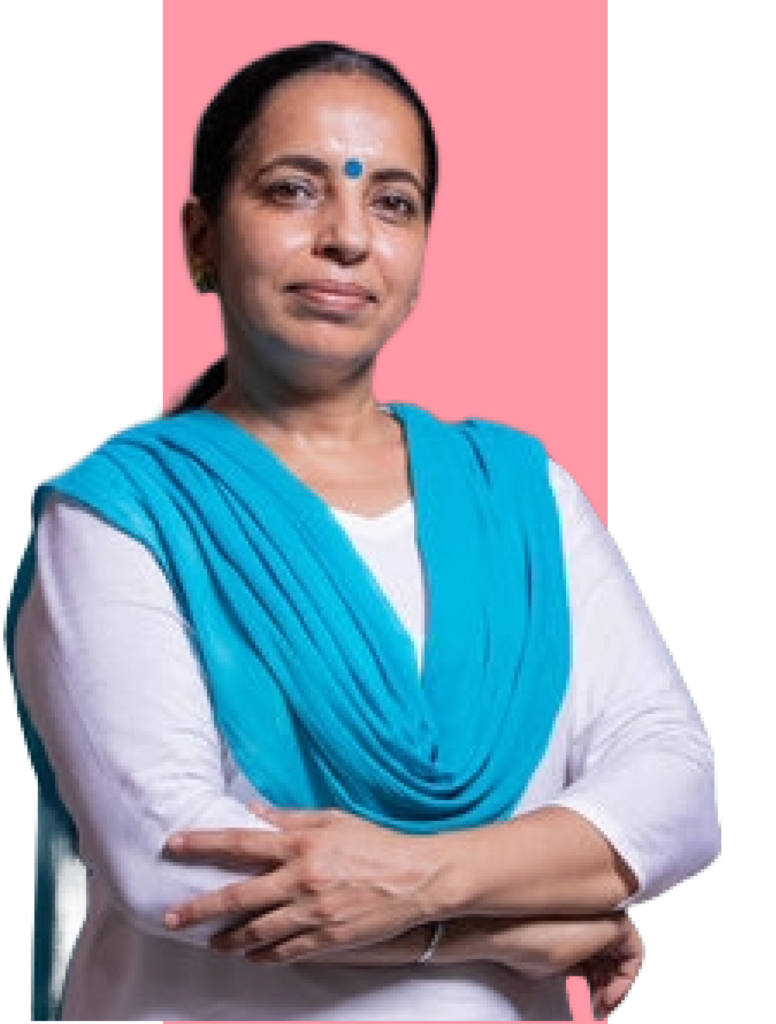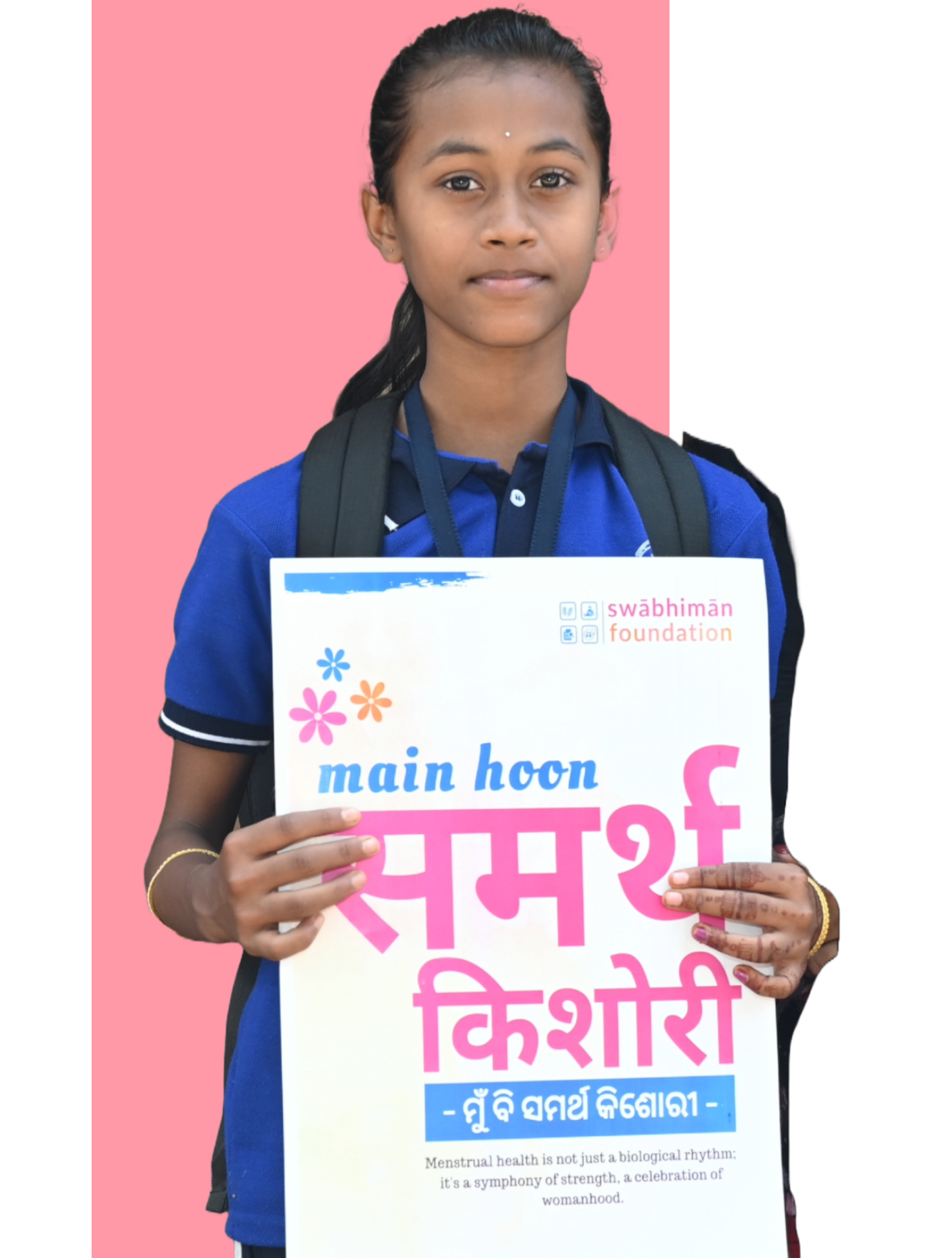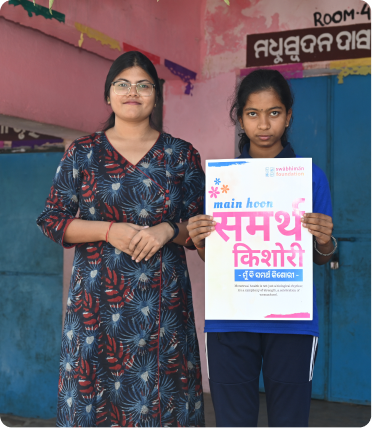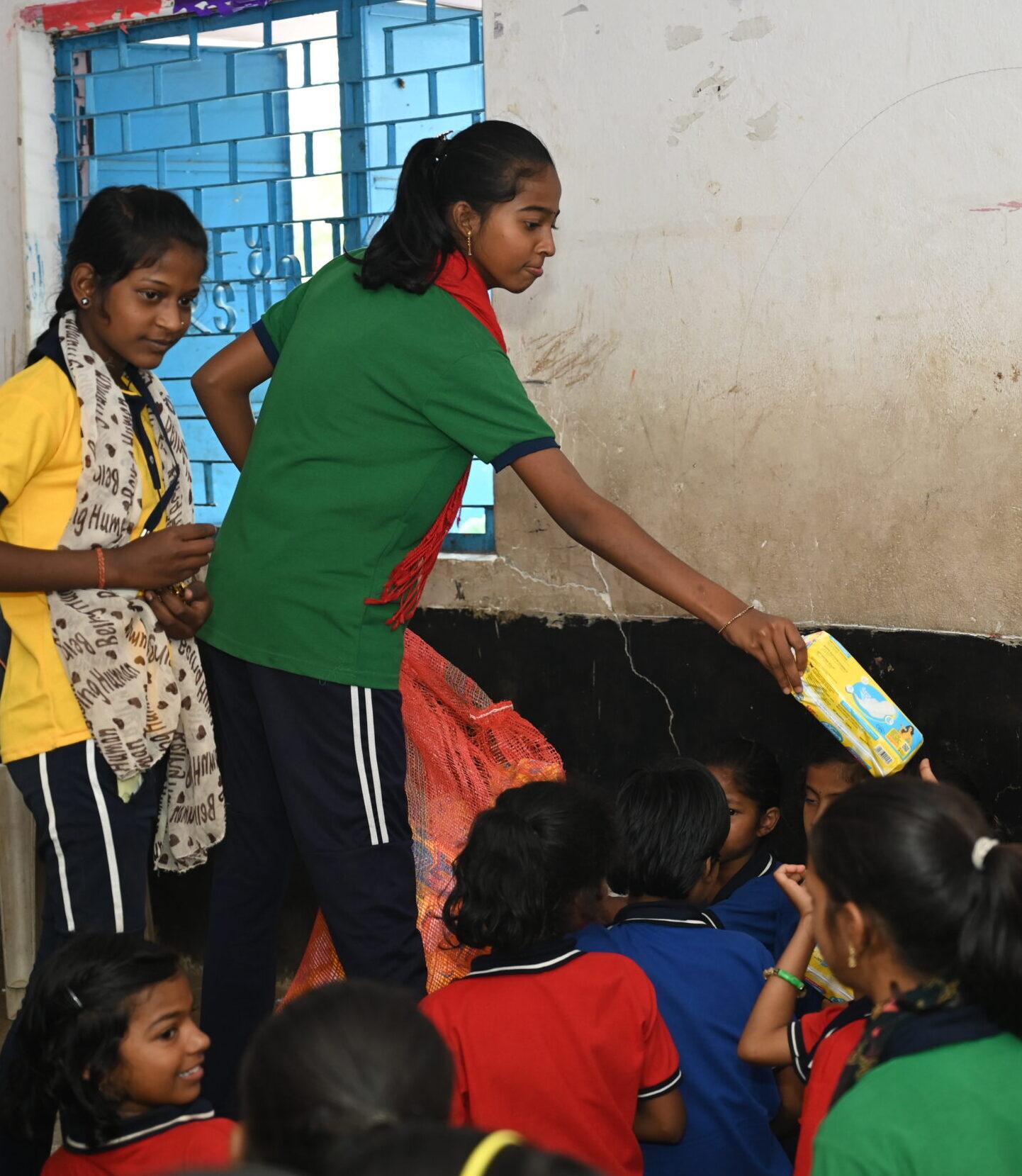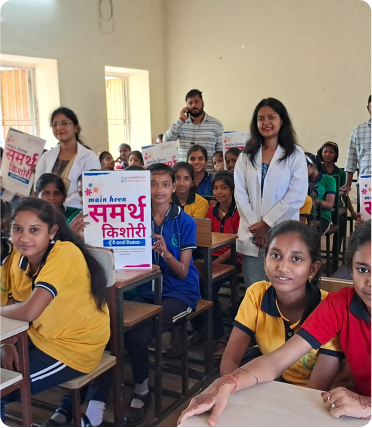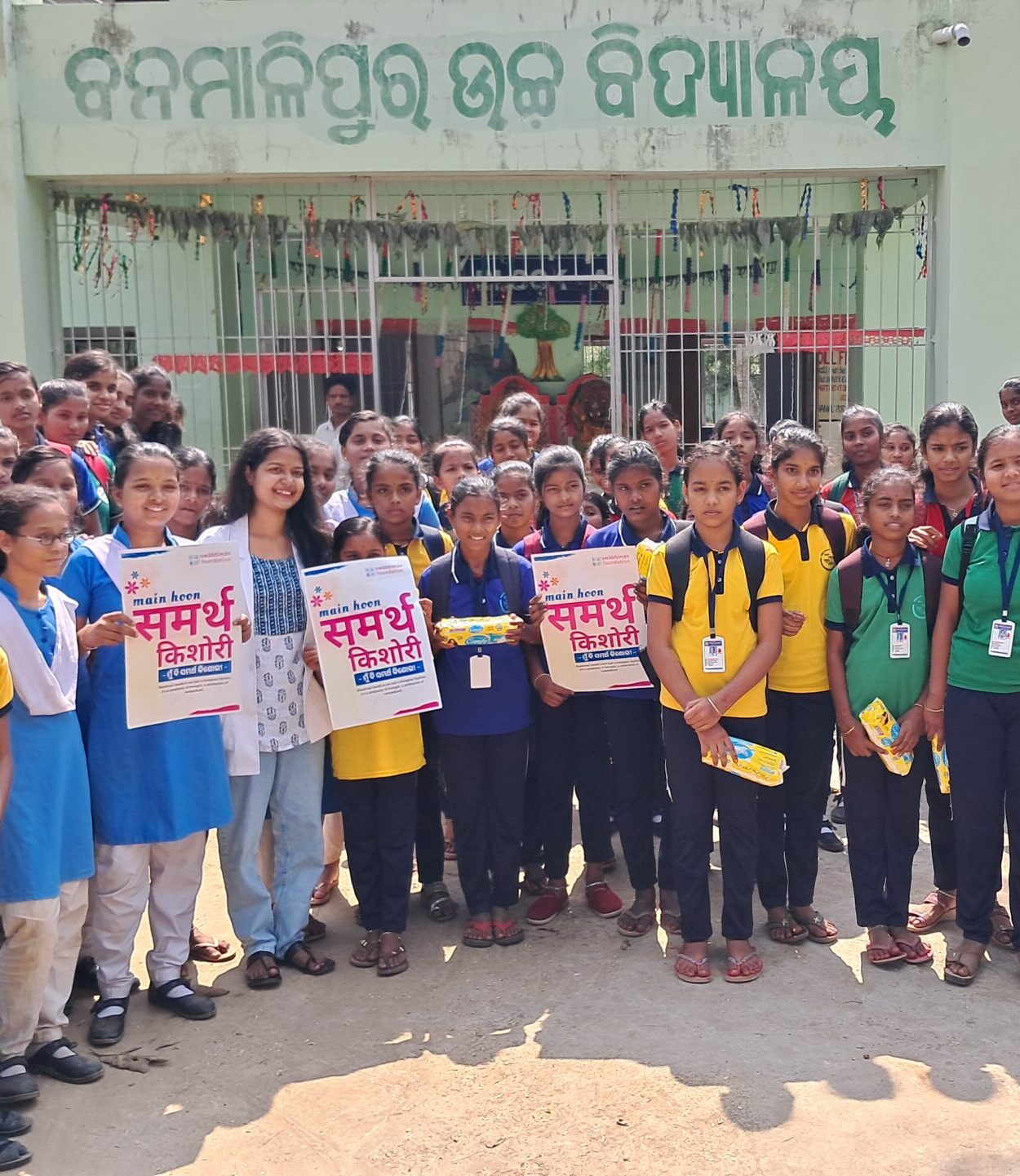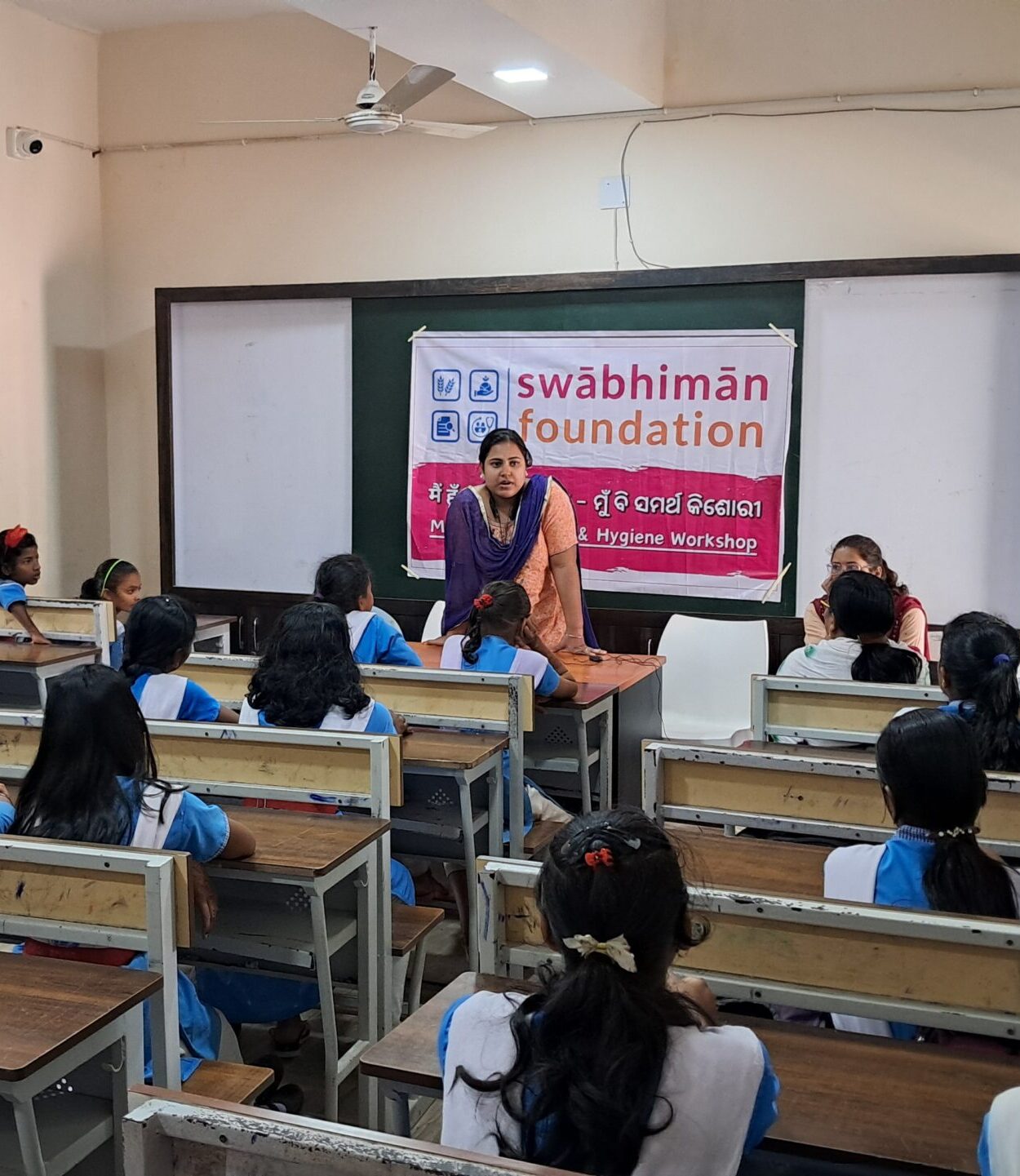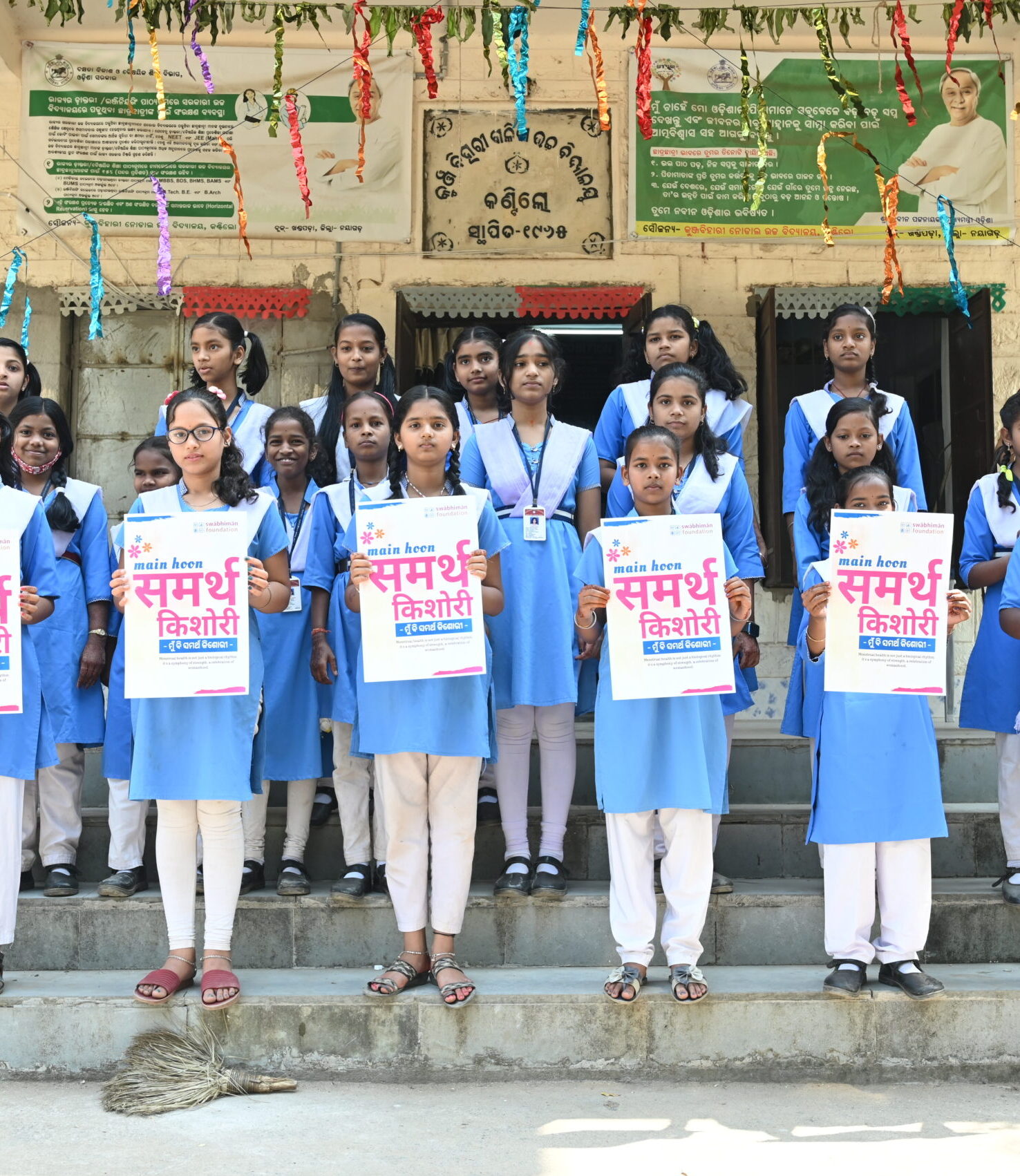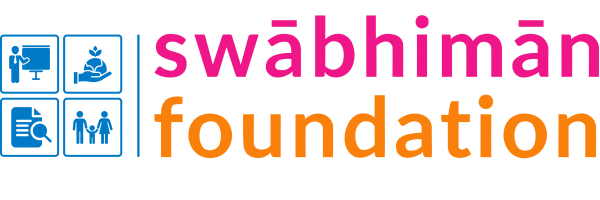Samarth Kishori
Ending Period
Poverty
It Aims To Address Menstrual Health And Hygiene Challenges Among Women And Girls By Engaging All Stakeholders And Decision-Makers.
Why MHM?
01
Over 500 million girls globally
02
30 crore women and counting
03
40% girls remained absent
04
64% of government schools
Tarini’s Story
Tarini, a vibrant teen, suffers from a terrible infection. For years, using unsafe materials during her period such as a used cloth with a rusty hook which caused her tetanus. However shame prevents her from seeking medical help. For years, lack of access and affordability have forced women like Tarini to resort to unhygienic solutions like rags and old clothes, risking their health and dignity.
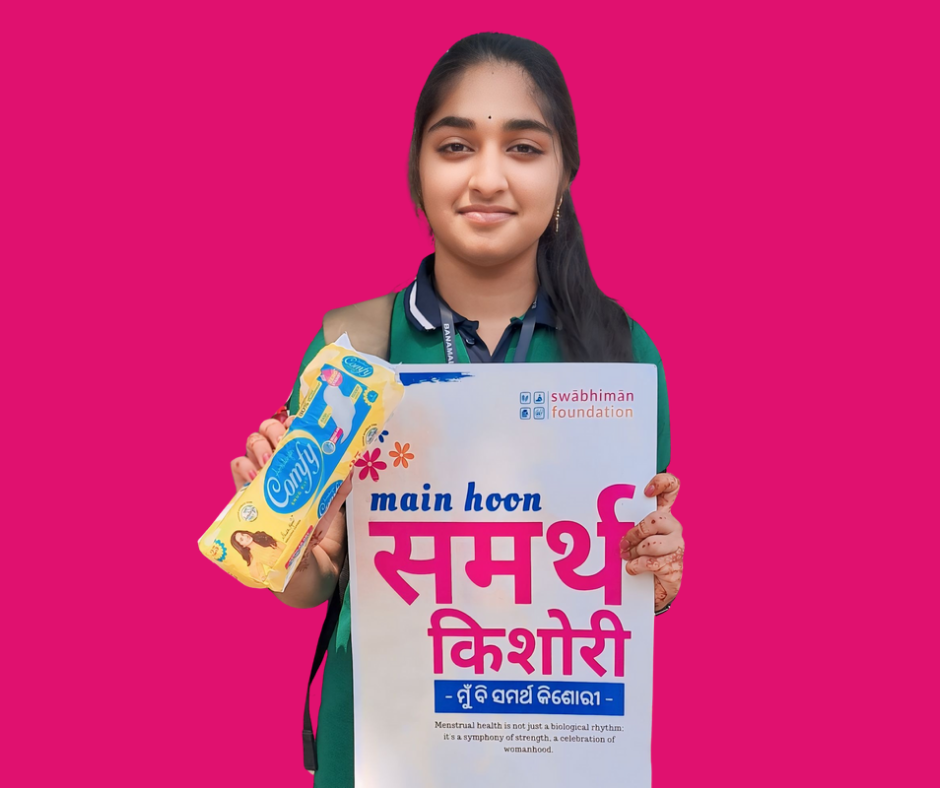
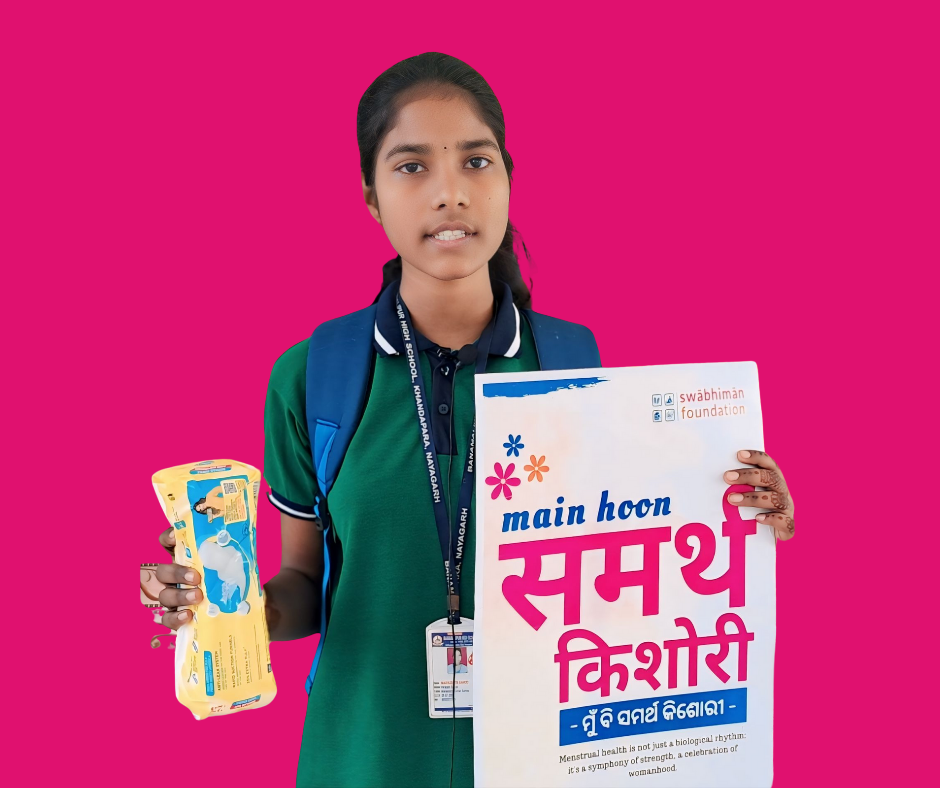
Deeksha’s Story
Deeksha, a bright 14-year-old with dreams of becoming a doctor, dreaded her periods. The severe pain and lack of proper school facilities forced her to miss a week at school every month. Months of irregular bleeding and unusual discharge added to her anxieties. With hesitation she reached out to her mother who said it’s normal.Unable to confide in family, she turned to friends, but their limited knowledge only deepened her confusion.Finally, Deeksha found solace in PeriodSakhi, who conducted sessions at her school. Period Sakhi not only offered emotional support but also helped Deeksha access proper healthcare.
Across the world many women and girls like Tarini and Deeksha face significant challenges regarding menstrual health. Deep-rooted silence and stigma surround menstruation, creating a barrier to open communication and access to proper healthcare. This lack of knowledge and access to safe menstrual products has severe consequences leading to:
Lack of access to menstrual products
Limited Access to Menstrual Hygiene Facilities
Social Stigma and Taboos
Inadequate Education and Awareness
Gender Inequality
By openly discussing these challenges and working towards solutions, we can create a healthier and more empowered future for women and girls in India.
Samarth Kishori : Ending Period Poverty
Swabhiman approach to shatter taboos around menstrual health and hygiene
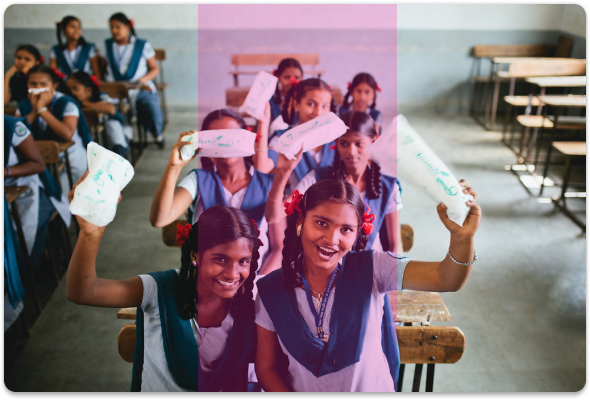
Ensuring Access
Promoting Awareness
Advocating For Change
Testimonials
